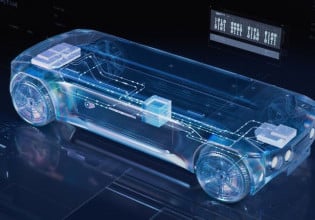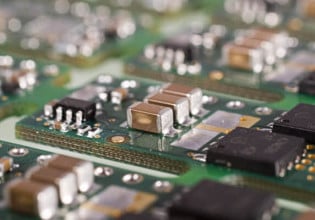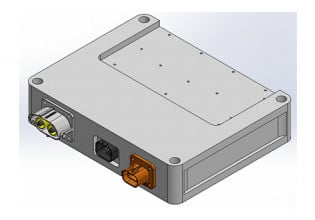Microsemi Corporation today announced a new collaboration with Moog Controls Limited, a division of Moog Inc., University of Bristol and Southampton University. The collaboration, named NEMICA (Nanoelectromechanical Relay-Based ICs for Avionics), is partially funded by the U.K. government through its technology agency's "Innovate UK" program and aims to address the challenges associated with high-temperature electronics design by leveraging each organization's unique expertise in this area.
"We are pleased to be part of this top-tier collaboration as our collective group looks to develop industry-leading reprogrammable memories and gate arrays based on nanoelectromechanical (NEM) technology that are capable of withstanding long-term exposure to high temperatures and harsh environmental conditions," said Jim Aralis, chief technology officer and vice president of advanced development at Microsemi.
System designers face considerable challenges when designing control systems operating in high-temperature environments. To achieve ideal performance levels in terms of system efficiency and safety, engineers must relocate the controller closer to the points of monitoring and output. In most systems this is easily achieved because the environment is ambient and harmonized. However, in applications where the sensor and the actuator are in a high temperature location (200 degrees Celsius and above), it is not always possible to place conventional electronic control systems near the sensor and actuator.
To overcome this problem, system engineers must place the controller in a cooler region. This normally entails designing new high-temperature connections systems, interfaces, signal conditioning and protection to maintain the integrity of the data being collected and of the electronic instruction back to the actuator. The alternative is to provide cooling systems which otherwise do not add any value to the system. All of this adds cost, weight and delays in the system response.
"Through our collaborative efforts, we will aim to move the electronics closer to the point of measurement and control, overcoming these historical challenges and enabling new capabilities and applications," said Siobhan Dolan Clancy, vice president and general manager of Microsemi's Discrete Products Group. "We look forward to developing new solutions with our fellow experts in the coming months, as these technological advancements will be well-suited to a variety of applications including avionic actuator systems as well others in space, transportation and down-hole drilling."
NEMICA is a £1 million three-year project designed for the development of high-temperature control systems that could be used in next-generation aircraft. The project addresses the challenges in two phases, initially allowing the existing designs to work at elevated temperatures of 175 degrees Celsius and then at 225 degrees Celsius through the design of novel field programmable gate arrays (FPGAs) using NEM technology developed by University of Bristol and Southampton University.






